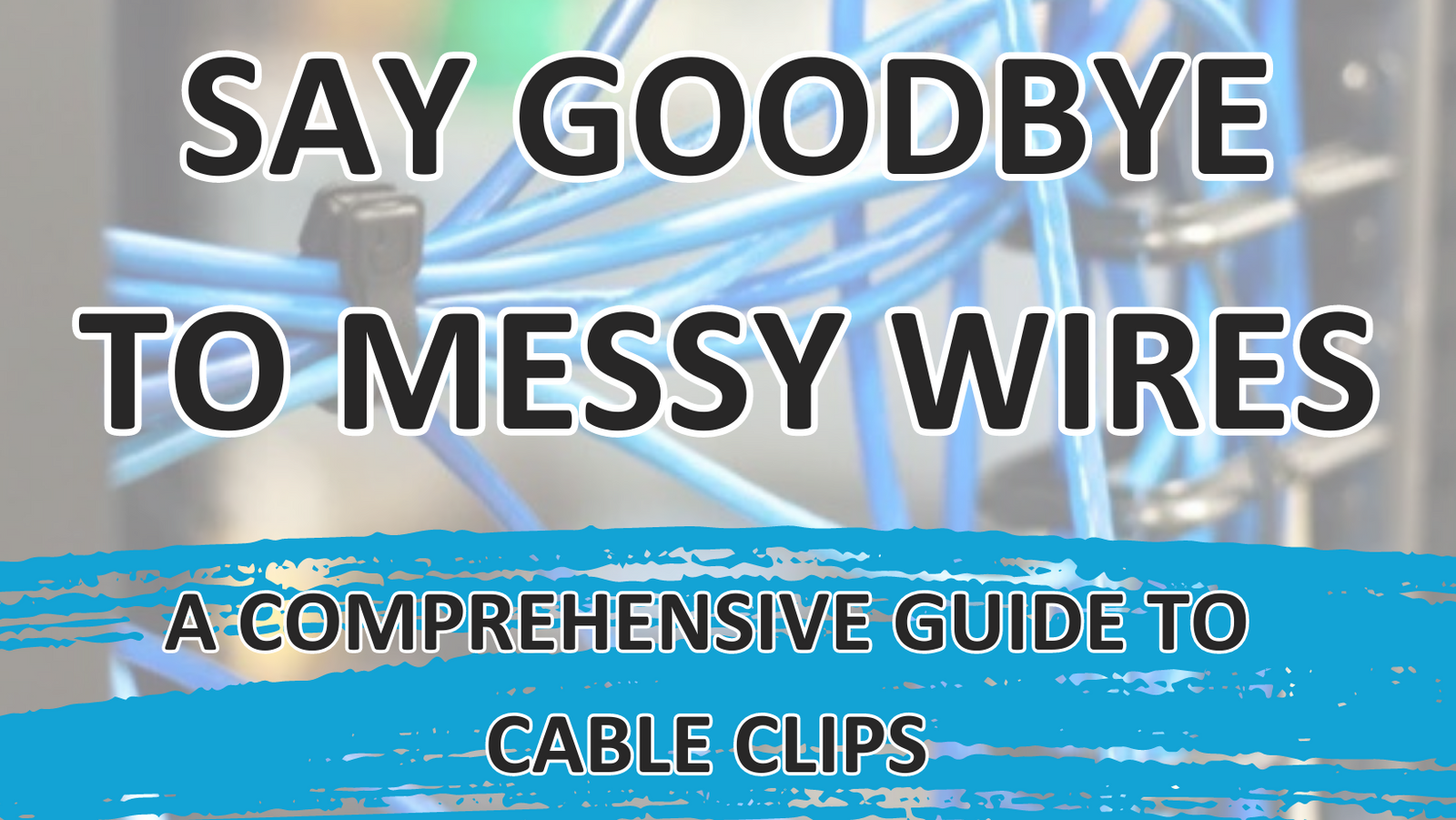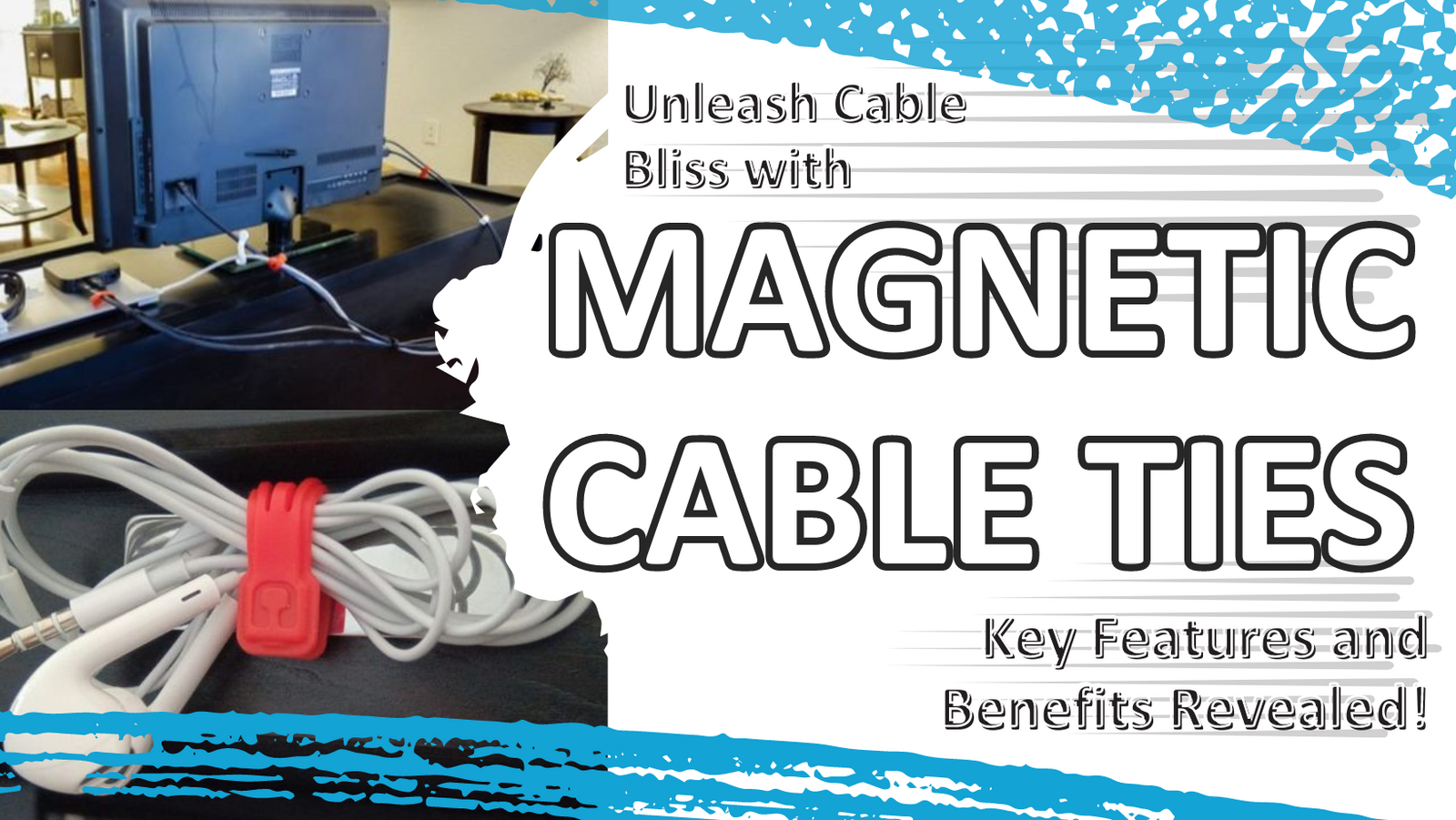- Home
- Products
- Media Gallery
- How it Works
- Blog
- About us
- Sign in
-
United States (USD $)
- Home
- Products
- Media Gallery
- How it Works
- Blog
-
About us
Everything you need to know about fidgeting
January 26, 2023
What is fidgeting?
Do you find yourself constantly twirling your pen or clicking your pen cap? 🤔
Fidgeting is those little movements you do without thinking - like bouncing your leg, twirling your hair or tapping your foot. It's something we all do, but researchers have found that it might actually be good for us! Studies show that fidgeting can help with focus, weight and stress.
It's like our body's way of keeping us on track , especially when things are boring or not very engaging. And it turns out, some people may be more prone to fidgeting because of their genes. So the next time you find yourself twirling that pen, just know that it might be helping you out in more ways than one.
Key Takeaways
- Fidgeting offers benefits such as improved focus, stress reduction, increased productivity, enhanced attention, creativity regulation, and assistance in weight management by burning calories and curbing impulsive eating.
- Mixed perceptions of fidgeting include it often being viewed negatively as a habit, which, in reality, can be a stress-relief technique, while repetitive movements may indicate underlying medical or neurological issues. Additionally, fidget spinners have been found to have a calming and beneficial effect, especially for individuals with ADHD.
- Magnetic cable holders like Cloop not only offer enjoyable fidgeting with their smooth silicone and satisfying magnet closure, but they also assist with cable organization and come in various size options to suit personal preferences, providing a multifunctional solution.
How can fidgeting be good for you?
Research suggests that fidgeting can have a positive impact on focus and stress levels by increasing the production of neurotransmitters in the brain and activate your hypothalamus 🧠. Fidgeting can stimulate specific areas of the brain that are responsible for maintaining attention and focus resulting in greater productivity in the workplace. These effects may increase memory and creativity, sustain or regulate attention by increasing physiological change and arousal, and be a self-regulation mechanism to manage stimulation levels. However, it's important to note that fidgeting can also be a distraction if not done in the right way!
Want to lose weight? Fidgeting might just be the secret weapon you need. Fidgeting not only burns a little extra calories. But, it can be a self-regulating mechanism to avoid impulsive or excessive eating.
Is fidgeting a bad thing? 👎
Most people may view fidgeting negatively, thinking that people who fidget are bored, frustrated, or have attention issues. And it's true, fidgeting movements can distract others and pull their focus away from what's being said. However, it's a mixed bag when it comes to fidgeting. Sure, it's usually just a harmless way to relieve stress or boredom, but it can also be a sign of a bigger issue. The thing is, fidgeting could be just the physiological stimulation your body naturally needs to bring energy and attention back to the appropriate level so you can focus on the task at hand.
However, certain repetitive movements, like constantly moving your legs to ease pain, could be a symptom of restless leg syndrome. And habits like skin picking or hair pulling are considered medical problems. Other involuntary movements that might be labeled as fidgeting could actually caused by neurological issues.
Fidget spinners have caught fire in recent months, but do they really help people with ADHD?
Fidget spinners have become increasingly popular over the past few months, but can they really help people with ADHD? Research suggests that the spinners provide a calming, satisfying distraction for individuals with attention-deficit/hyperactivity disorder (ADHD). By providing an outlet for nervous energy and satisfying a desire to be constantly fidgeting or moving, these small devices may make it easier for individuals to stay focused during long activities. Additionally, because individuals with ADHD often struggle with fine motor skills, using a fidget spinner could also help improve dexterity and hand-eye coordination.
Although there is no research to support the claim that fidget spinners are an effective treatment plan for ADHD, these devices seem to offer some potential benefits. Some studies suggest that spinning the device may act as a form of exposure therapy by allowing users to engage in repetitive motions until their anxiety eases. Additionally, since many ADHD treatments involve managing emotions and regulating behaviors, the use of fidget spinners may help with self-regulation by allowing those with ADHD identify when they are feeling anxious or overwhelmed and take action to reduce those feelings.
Although further research is required before we can definitively determine if fidget spinners truly benefit individuals with ADHD, there is evidence that suggests they can at least provide some positive effects. While they cannot replace traditional therapies such as medication or behavioral interventions, introducing a fidget spinner into an individual's treatment plan could prove to be helpful. For this reason, it's important that anyone considering using one of these devices consults their physician beforehand in order to ensure its safe and effective use.
Magnetic Cable Ties as a fidget toy?
Yes, Magnetic Cable Holder, such the ones provided by Cloop are a lot of fun. You just snap it shut and open it up over and over again, or twirl it around your fingers. The smooth silicone feel, combined with the satisfying snap sound the magnets make when they close, makes it a pleasure to play with.
@cloopband ♬ BARELY BREATHING - Grant Averill
Plus, opening the band from a closed position to a middle point where the magnets pivot to the left or right is clooper intriguing. It's a great way to release stress and keep your hands busy when you need a distraction.
You can even use it to keep your cords organized while you're at it. The Cloop comes in three different sizes - Small, Large, and XL - so you can choose the one that fits your fidgeting style best.
Wrapping Up
So don't wait another moment - get your hands on a Cloop Magnetic Cable Clip and bring some productivity and enjoyment to your cable management routine. Your cords (and your stress levels) will thank you.
555
Leave a comment
Comments will be approved before showing up.
Also in Cloop Blog

Say Goodbye to Messy Wires: A Comprehensive Guide to Cable Clips
August 20, 2023
This article provides a comprehensive guide on cable clips, including types of cable clips, how to attach cables to a wall without nails, choosing the right size cable clip, proper cable clip installation, and references for further reading. It also includes practical tips, anecdotal evidence, and unique content to engage readers. The article aims to help readers organize their cables and improve the aesthetics and functionality of their spaces.

Supercharge Your Daily Commute: Maximize Productivity with These Game-Changing Tips
August 20, 2023
Magnetic cable ties are a convenient and efficient solution for organizing and managing cables during your daily commute. They simplify cable management, save time and effort, and offer reusability. These ties are versatile and can be used for various applications beyond cable management. They are durable, safe, and have an innovative design. In comparison to traditional cable ties, magnetic cable ties offer advantages such as reusability, adjustability, safety, versatility, durability, cost-effectiveness, and a sleek appearance. By incorporating magnetic cable ties into your daily routine, you can enhance productivity and optimize your commute experience.

Unleash Cable Bliss with Magnetic Cable Ties: Key Features and Benefits Revealed!
August 20, 2023
In this blog post, we delve into the world of magnetic cable ties and explore their remarkable features and benefits. These innovative tools offer a solution to the perennial problem of tangled cables, providing a convenient and secure way to keep your cords organized. From their strong magnets and quick lock/release mechanism to the cable passage design that ensures cables stay attached, magnetic cable ties are a game-changer. We also provide practical tips for cable bliss, such as storing cables without tangling and using zip ties effectively. Testimonials from satisfied users add a personal touch, and we offer ideas for creating your own cable oasis. Say goodbye to cable chaos and welcome a tidier and more organized life with magnetic cable ties.
Sign up to get the latest on sales, new releases and more…

